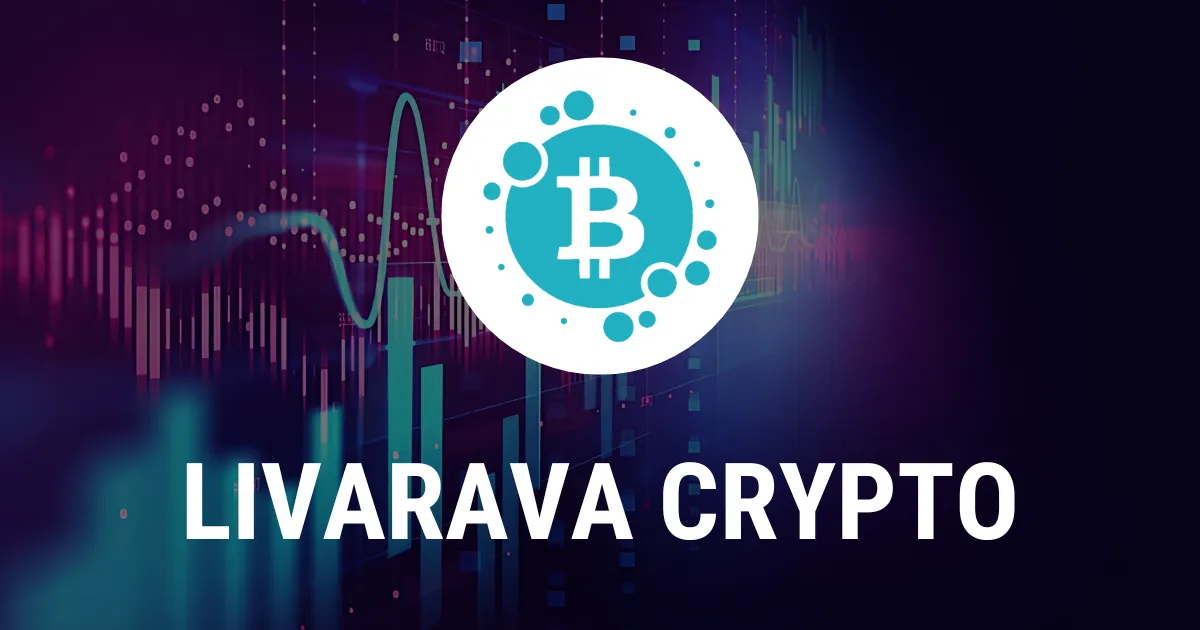Ripple's Blockchain Technology Redefines Global Payment Systems

Ripple's Cutting-Edge Blockchain Solutions
Ripple has emerged as a frontrunner in global payment systems by leveraging blockchain technology to enhance transaction efficiency. With its pioneering protocols, Ripple offers a seamless network for cross-border transactions, empowering financial institutions and fintechs to overcome traditional banking obstacles.
Key Benefits of Ripple's Blockchain
- Fast Transactions: Ripple's technology allows for instant payments across borders, significantly reducing the time lag associated with conventional payment methods.
- Low Transaction Costs: By eliminating middlemen, Ripple drastically cuts transaction fees, offering substantial savings.
- Enhanced Security: The decentralised nature of blockchain provides enhanced security against fraud and cyber threats, ensuring safe transactions.
Future Prospects in Global Payments
The implications of Ripple's innovations extend beyond mere payments; they pave the way for a new financial ecosystem. As more fintech companies adopt this groundbreaking technology, we can expect substantial shifts in how global payments are executed.
This article was prepared using information from open sources in accordance with the principles of Ethical Policy. The editorial team is not responsible for absolute accuracy, as it relies on data from the sources referenced.